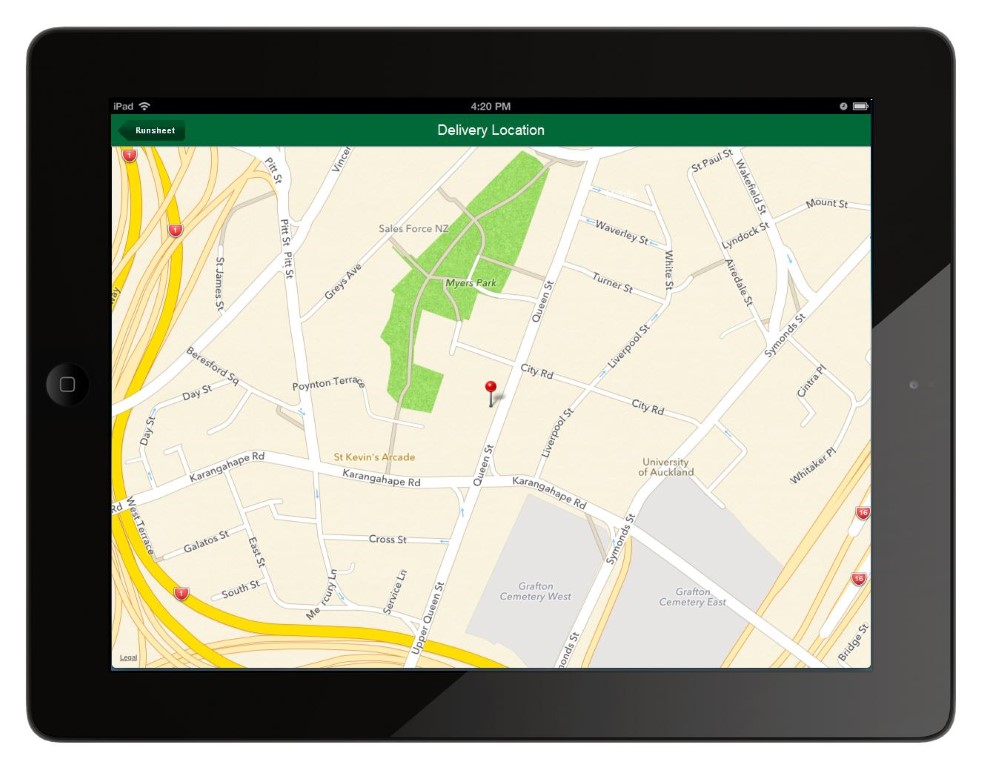Over the past two weeks, my social media feed has been aflame with footage of war and protest. The images and videos are often harrowing, capturing the stark realities of human suffering and conflict in a way that traditional media sometimes fails to convey. While I've been using social media to stay informed for years, moments like these serve as a poignant reminder that traditional outlets—newspapers and scheduled TV broadcasts—often offer a more curated, sometimes even detached, view of such events. This experience has reinforced how technology, social media, and the internet have added nuanced layers to our relationship with news, providing alternative narratives to those shaped by state or vested interests. However, this new landscape is not without its challenges, one of the most significant being the role of algorithms. In this article, we'll explore how these various elements are reshaping our society, both for better and for worse.
The Democratisation of News
Before the digital age, news was primarily disseminated through newspapers, radio, and television. These mediums were often under the influence of powerful entities, be it the government or large corporations. The internet has disrupted this monopoly, giving a voice to the masses.
Speed and Accessibility
The internet's speed and reach mean that news can be shared in real-time, often outpacing traditional media. Anyone with a smartphone can become a citizen journalist, reporting events as they happen. This immediacy has been particularly impactful during crises, where state-controlled media might downplay or ignore events.
Social Media as a News Source
Platforms like Twitter and Facebook have become de facto news sources for many. They offer a diverse range of perspectives, enabling users to break free from the often one-sided narratives presented by traditional media.
The Role of Algorithms
Algorithms analyse user behaviour, preferences, and interactions to present tailored news feeds. This makes the user experience more engaging and relevant, thereby keeping people informed in a way that resonates with them.
Amplification of Marginal Voices
Algorithms can help surface content from lesser-known sources or individuals, thereby amplifying voices that might otherwise go unheard. This is particularly important in breaking the monopoly of mainstream media and offering alternative perspectives.
Real-time Updates
Algorithms sort and present news in real-time, ensuring that users are always up-to-date with the latest developments. This is crucial during fast-moving events like elections or natural disasters.
The Limitations and Challenges
While social media offers a plethora of views, it also risks creating echo chambers where users are only exposed to opinions similar to their own. This can polarise society and make constructive dialogue difficult.
Misinformation
The ease with which news can be shared means that misinformation can spread rapidly. Without the checks and balances that traditional journalism offers, the public can be easily misled.
Filter Bubbles and Data Privacy
Algorithms that personalise our experience can also trap us in filter bubbles, informational echo chambers where we're only exposed to views that align with our existing beliefs. Additionally, the data collected for algorithmic personalisation can be misused, raising concerns about manipulation of public opinion.
Shaping Public Opinion
Algorithms have a significant role in shaping public opinion. They can subtly influence our views by consistently feeding us a particular type of news or perspective. Over time, this can have a profound impact on societal attitudes and even election outcomes.
Reinforcing Inequality
Algorithms can inadvertently reinforce existing social inequalities. For example, if an algorithm learns that a user prefers content from a particular ethnic or social group, it may continue to show them only that perspective, thereby perpetuating stereotypes.
Economic Impact
The algorithmic curation of news also has economic implications. Traditional news outlets that don't adapt to the algorithmic model may struggle to maintain their audience, leading to job losses and a decline in the quality of journalism.
The rise of technology, social media, and algorithms has undoubtedly changed the news landscape, offering a counterpoint to state or vested-interest-controlled media. However, this democratisation comes with its own set of challenges, from the spread of misinformation to societal polarisation. As we move further into the digital age, it's crucial to understand both the power and limitations of these platforms in shaping our world. Striking a balance between algorithmic efficiency and ethical considerations is the challenge that lies ahead.






























